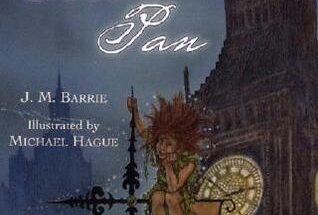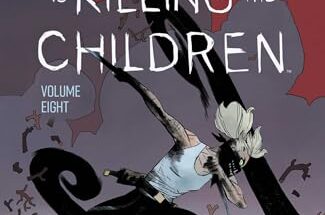
Certainly! Here’s a concise review of the novel “Yes, Daddy” by Jonathan Parks-Ramage:
In this well-formed coming-of-age story, both erotic and chilling, we follow Jonah, a young gay writer living in New York City. Jonah is determined to escape his oppressive, conservative upbringing in suburban Illinois, where his pastor father forced him into gay conversion therapy. However, life in Gotham has left him broke and stalled his dreams of becoming a playwright.
Lonely and needy, Jonah insinuates himself into the world of Richard, a wealthy and accomplished gay playwright. Richard invites Jonah to stay at his Hamptons compound, but it soon becomes clear that Jonah is just one of many handsome and exploitable young men Richard has roped into a form of indentured servitude. The relationship turns abusive, with humiliations ranging from violent rages to drug-induced rape.
The novel delves into power dynamics, exploring themes of idolatry and betrayal. Jonah’s first-person narration adds a confessional feel, while his shifts to second person address another of Richard’s victims, adding a note of regret and complicity. The title, “Yes, Daddy,” alludes not only to Jonah and Richard’s sub-dome relationship but also to the multiple father figures and their influence on Jonah’s life.
This emotionally complex debut is a gripping exploration of desire, manipulation, and vulnerability. It’s a powerful read that leaves a lasting impact.
Yes Daddy (plot Twist)

Certainly! “Yes, Daddy” by Jonathan Parks-Ramage delivers several intriguing twists that keep readers engaged throughout the novel. Here are some of the key plot twists:
- The Invitation to Richard’s Hamptons Compound: When Jonah, the protagonist, receives an invitation from Richard, a successful playwright, to stay at his luxurious Hamptons estate, it seems like a dream come true. However, as Jonah settles into this seemingly idyllic arrangement, he discovers darker secrets lurking beneath the surface.
- The True Nature of Richard’s Intentions: Initially, Richard appears to be a mentor and benefactor to Jonah. But as their relationship deepens, Jonah realizes that Richard has ulterior motives. Richard’s exploitation of Jonah and other young men becomes increasingly evident, leading to a disturbing power dynamic.
- The Revelation of Jonah’s Past Trauma: Throughout the novel, glimpses of Jonah’s traumatic past emerge. His experiences with gay conversion therapy and his strained relationship with his father haunt him. As the story unfolds, readers learn more about the emotional scars Jonah carries and how they impact his choices.
- The Shift in Narrative Perspective: The novel employs a unique narrative structure, alternating between first-person (Jonah’s perspective) and second-person (addressing another victim of Richard). This shift adds complexity and layers to the storytelling, revealing different angles on the same events.
- The Climactic Confrontation: Without giving too much away, the climax of the novel involves a confrontation between Jonah and Richard. The power dynamics reach a boiling point, and the consequences of their relationship come to a head.
Overall, “Yes, Daddy” skillfully weaves together themes of desire, manipulation, vulnerability, and betrayal, making it a compelling read with unexpected twists and turns.
Conclusion
The conclusion of “Yes, Daddy” by Jonathan Parks-Ramage is both haunting and thought-provoking. As the novel reaches its final pages, several key elements come together:
- Jonah’s Liberation: After enduring emotional and physical abuse at the hands of Richard, Jonah reaches a breaking point. He confronts the power dynamics that have ensnared him and makes a decision that will alter the course of his life.
- The Unmasking of Richard: The true nature of Richard’s character is laid bare. His manipulative tactics, exploitation of vulnerable young men, and the depths of his cruelty are fully revealed. Jonah grapples with the realization that Richard is not the mentor he initially believed him to be.
- Themes of Betrayal and Vulnerability: Throughout the novel, themes of betrayal and vulnerability resonate. Jonah’s vulnerability—both as a young gay man seeking acceptance and as someone who has suffered trauma—clashes with Richard’s calculated betrayal. The novel forces readers to question who holds power and who is ultimately betrayed.
- The Impact of Past Trauma: Jonah’s past trauma, including his experiences with gay conversion therapy, continues to shape his decisions. The novel underscores how trauma can reverberate through a person’s life, affecting relationships, self-worth, and choices.
- Ambiguity and Reflection: Without giving away too much, the novel leaves room for interpretation. Readers are left to reflect on the complexities of desire, consent, and the blurred lines between victim and complicit participant.
In the end, “Yes, Daddy” doesn’t neatly tie up all the loose ends. Instead, it leaves readers with lingering questions about power, identity, and the consequences of our choices. It’s a novel that stays with you, prompting introspection long after the final


